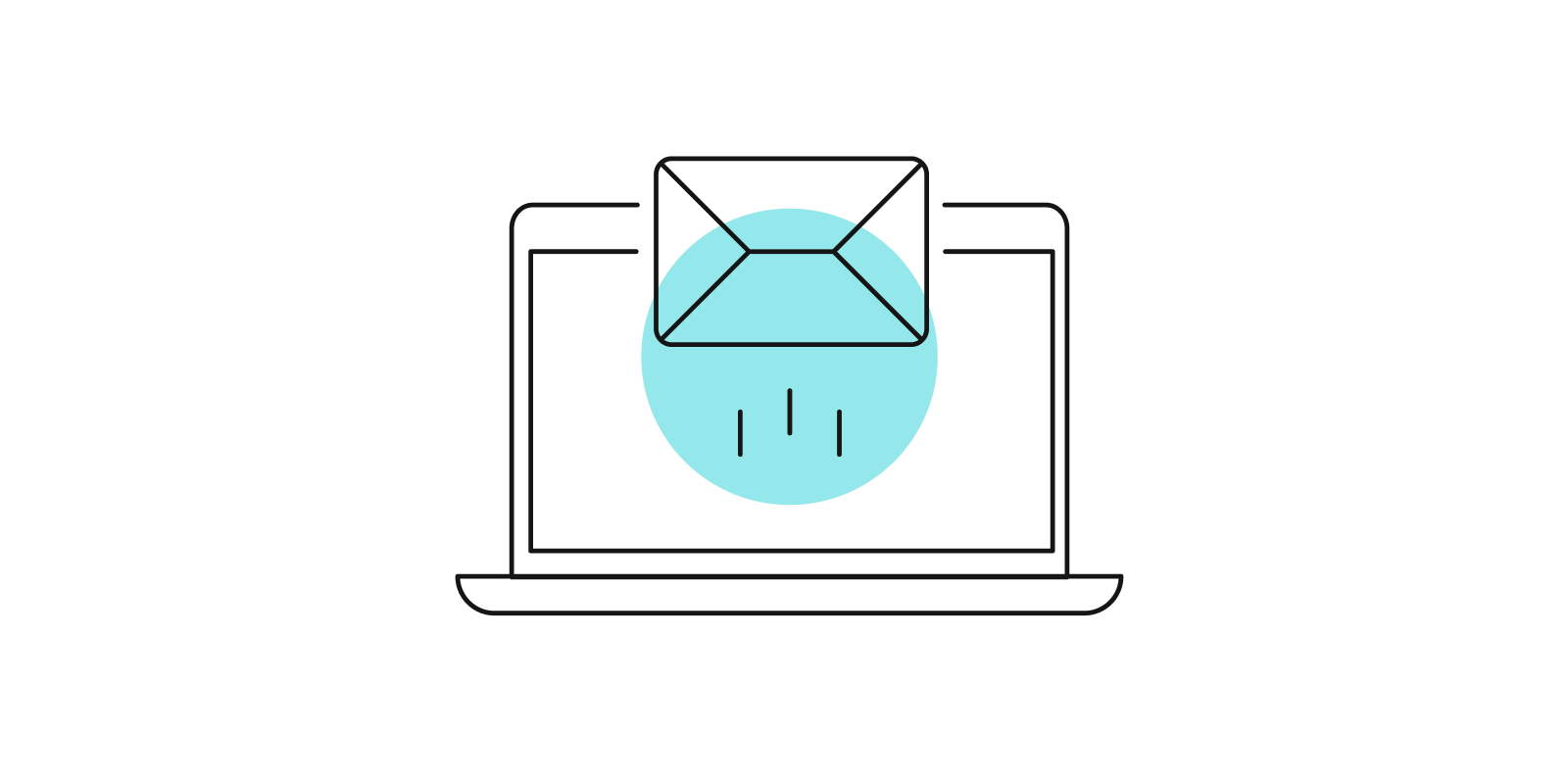
AI in the classroom? A tech journalist breaks down the buzz

Last year, technology writer and editor Sage Lazzaro experienced an “aha” moment and realized that AI was truly buzzworthy.
“I was out at a restaurant and overheard a table of teachers seated next to me asking, ‘What are we going to do about ChatGPT?’ It was unheard of a year before to hear people in casual conversation talking about AI,” she said.
Lazzaro, whose writing has appeared in publications including Fortune, VentureBeat, and Wired, among others, has covered AI for a decade, long before it rocketed into orbit as a cultural and business phenomenon.
At the Pearson Ed.Tech Symposium 2024, a virtual event held this October, the veteran tech journalist shared her insights on the potential impact of AI on education and other fields with an audience of over 1,000 curious educators.
An intriguing, yet cloudy future
Educators in the U.S. and beyond are eager to understand how burgeoning AI tools will impact the classroom, students, and the future of the teaching profession.
“I don’t think there's a golden answer to that question because it's still so early,” said Lazzaro, adding that there’s even confusion around defining AI.
To some, AI is ChatGPT or the human-like robots dreamed up in Hollywood blockbusters. But those are AI use cases, Lazzaro explained, continuing that AI is an umbrella term for techniques that enable computers to complete tasks without being explicitly programmed.
That opens AI to a universe of use cases.
Lazzaro highlighted some that recently led to groundbreaking discoveries — particularly in science and medicine. The 2024 Nobel Prize in Chemistry was awarded to three scientists for their work in using AI to design and predict proteins that could help researchers develop new life-saving drugs, such as treatments for cancer, in a fraction of the time typically needed.
Lazzaro also sees other potential benefits of AI, such as performing monotonous tasks that most people would gladly hand off. Professionals, including educators, could offload tedious duties in favor of more interesting, fulfilling endeavors, thus changing the relationship between humans and work for the better.
Is AI head-of-the-class ready?
As educators ponder their role in an AI-driven future, Lazzaro sees a potential parallel to how the workforce has repeatedly adapted to other technological breakthroughs.
“While it’s very early, I think AI is going to drastically change the jobs we do and how we do them,” she said. “Look at the Information Age. Most of us work jobs now that didn't exist 30 years ago.”
Educators are also challenged to navigate the intersection of AI and pedagogy, given the challenges the technology presents.
“I think you should approach AI with curiosity, but also skepticism,” said Lazzaro. “It's important for educators to be aware of ethical considerations and be an active part of discussions around when and how AI is used in schools.”
AI tools are far from a panacea in their present form. They can be quirky, unpredictable, and unreliable. Current Generative AI models might “hallucinate,” retrieving information that doesn’t exist, or providing misinformation that appears plausible — especially to an untrained eye.
What’s more, AI is trained on large data sets that may include biases, likely unintentional, against certain populations, Lazzaro cautioned.
With AI’s wrinkles yet to be ironed out, Lazzaro suggested educators limit AI use to specific tasks, such as fuel for brainstorming sessions or as a launching point for developing lessons.
She also advised educators to be wary of AI-detection software that claims to identify work, such as writing assignments, as AI-generated rather than student-generated.
“I see stories all the time from students who say they got a failing grade or are facing disciplinary action for using ChatGPT to write an assignment that they wrote themselves,” she said. “There are lots of studies showing that these detectors aren't accurate, especially for students for whom English isn't their first language.”
And what about concerns that AI will ultimately siphon off jobs in education? Lazzaro offered a straightforward approach, be human.
“The best advice I would give is to stay flexible, open, and aware of these changes, but also lean on the attributes that make someone a strong professional or job candidate today, or in any environment,” she said. “Take initiative, be reliable, be organized — the types of things that go far and that make us human. We’ll still go far in the future no matter what the job landscape looks like with AI.”
In October, tech journalist Sage Lazzaro was featured in the Future Forward session at Pearson’s inaugural ED.tech Symposium. In this session, Sage offers viewers her perspective on the current and future state of AI based on her long tenure on the AI beat.
About the contributor

Sage Lazzaro
Tech Journalist
https://www.sagelazzaro.com/
Sage Lazzaro is a technology writer and editor focused on artificial intelligence, data, cloud, digital culture, and technology’s impact on our society and culture. She began covering AI 10 years ago—long before the current AI boom—and specializes in writing about complicated technologies. Her work has appeared in Fortune, VentureBeat, Wired, OneZero, and Supercluster, among other publications. Previously, she was a senior tech editor at Business Insider and The New York Observer. Sage is based in New York City.



